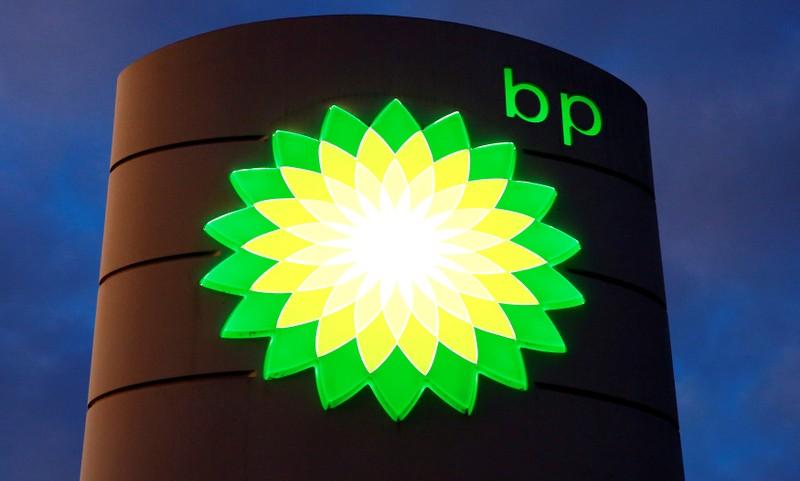Oil & Gas 360 Publishers Note: We are seeing across the investment community that ESG, renewables and morphing business to fall in line with scocial climate demands is required for survival. BP has taken this to heart, and should be watched as an example.
LONDON (Reuters) – BP (BP.L) cut its dividend for the first time in a decade after a record $6.7 billion second-quarter loss, when the coronavirus crisis hammered fuel demand, and it sought to win over investors by speeding up its reinvention as a lower carbon company.
Its shares rose more than 7% on Tuesday after BP unveiled earlier than expected a plan to reduce its oil and gas output by 40% and boost investments in renewable energy, such as wind and solar, over the next decade.
 All major oil companies suffered in the second quarter as lockdowns to contain the new coronavirus limited travel and oil prices LCOc1 fell to their lowest in two decades.
All major oil companies suffered in the second quarter as lockdowns to contain the new coronavirus limited travel and oil prices LCOc1 fell to their lowest in two decades.
Several, including Royal Dutch Shell (RDSa.L) and Norway’s Equinor (EQNR.OL), cut their dividend in response.
BP CEO Bernard Looney, who took the helm in February, avoided a dividend cut in the first quarter despite worsening market conditions and as rivals reduced their payouts.
[contextly_sidebar id=”WjPkqFRrDwG81a6I9sZ40PFFRBGEUNXs”]
But Tuesday’s 50% cut by BP to 5.25 cents per share, which was larger than the 40% forecast by analysts, became inevitable given a large debt pile, the collapse in oil and gas demand and growing expectations for a sluggish global economic recovery.
BP’s net loss was in line with analysts’ expectations and was largely a result of the company’s decision to wipe $6.5 billion off the value of oil and gas exploration assets after it revised its price forecasts.
BP recorded total impairments of $17.4 billion, at the upper end of its previous guidance.
“These headline results have been driven by another very challenging quarter, but also by the deliberate steps we have taken as we continue to re-imagine energy and reinvent BP,” Looney said in a statement.
“In particular, our reset of long-term price assumptions and the related impairment and exploration write-off charges had a major impact.”
The loss, based on BP’s current accounting definition, is the first recorded on Refinitiv Eikon data. Looney called it the “toughest quarter in the industry’s history”.





